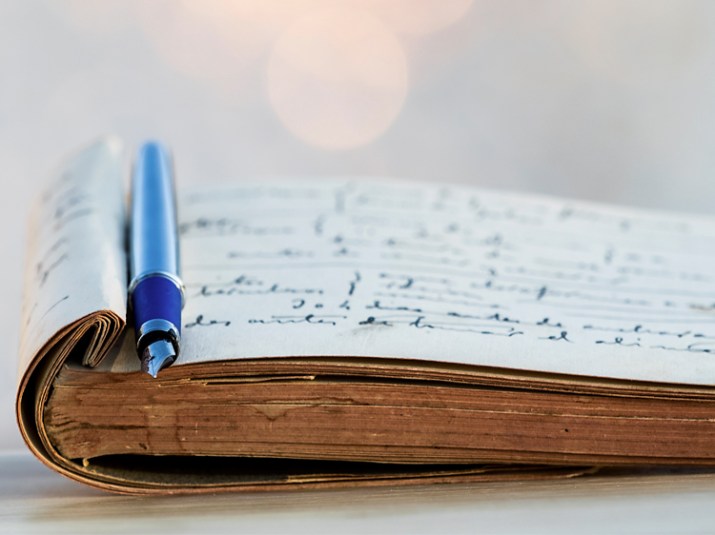Writing About Past Failures Can Help Reduce Stress, Study Suggests

Let’s face it: No one likes to think too much about past failures. Although none of us are immune to setbacks, they can still be embarrassing and discouraging. On top of bringing back negative memories, you would think focusing on old mistakes would bring more stressful thoughts into our already-stressful lives. But a recent study shows this practice might actually help reduce your stress levels — if you do it the right way, that is.
In the March 2018 study published in Frontiers in Behavioral Neuroscience, researchers found that thinking deeply and writing critically about past failures can lead to lower levels of cortisol — aka the “stress hormone.” The first study of its kind, it also showed that this practice can help people make better decisions in the future when they face new stressful tasks.
To conduct the study, researchers asked one group of volunteers to write about personal setbacks from their pasts, while another group was asked to write about a topic not related to their personal lives at all. The researchers monitored both groups’ cortisol levels to measure stress. Following the writing portion of the study, the scientists asked all of the participants to work on a stressful task while they continued to monitor cortisol levels. Ultimately, the researchers found that the people who had written about their failures had lower cortisol levels when taking on the stressful new challenge than the people who hadn’t written about themselves.
“We didn’t find that writing itself had a direct relationship on the body’s stress responses,” said researcher Brynne DiMenichi, a doctoral candidate from Rutgers University-Newark, in a release. “Instead, our results suggest that, in a future stressful situation, having previously written about a past failure causes the body’s stress response to look more similar to someone who isn’t exposed to stress at all.”
Let’s be clear: This doesn’t mean you should start scrawling “I did a bad thing” over and over again on a chalkboard; rather, you might find it helpful to take a few moments to yourself at the end of the day or week to think more critically about what actually went wrong in a past situation and write about why it may have turned out the way it did. It also never hurts to add what you’d do differently if faced with a similar situation today.
Because you know what they say: There are no mistakes, just lessons!
Writing not really your thing? No problem! Learn some other great ways to relieve stress easily in the video below:
More from FIRST
High-Temperature Cooking Linked to Higher Blood Pressure, Study Finds
Water-Resistant Post-its Are Here and Our Inner Monica Geller Is Thrilled
Our Eyes Might Be Able to Help Us Predict Memory Loss Later in Life, Study Suggests













